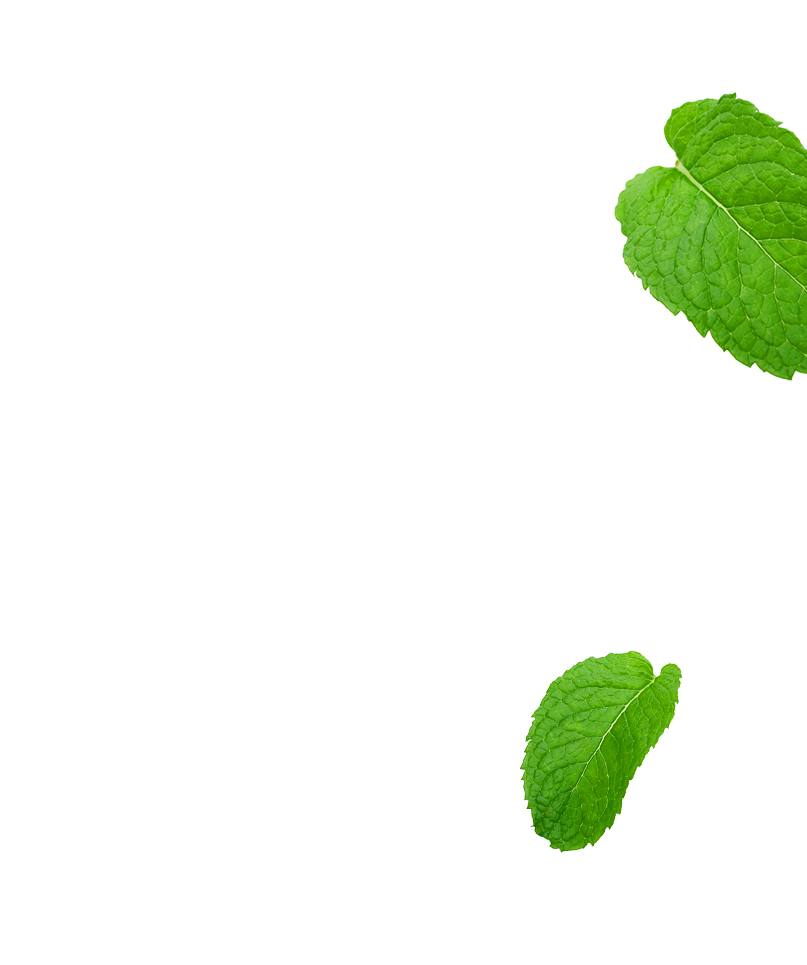

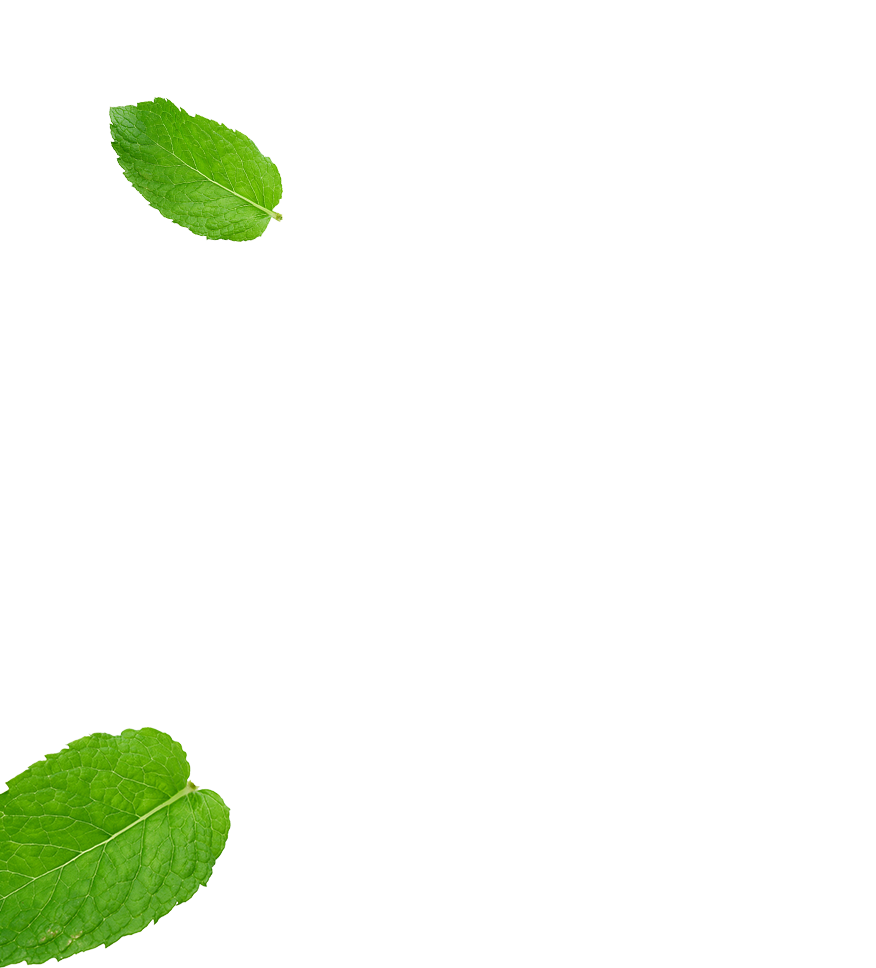

The herbs in our unique London Falafel recipe have several unbelievable benefits for your health and well-being.

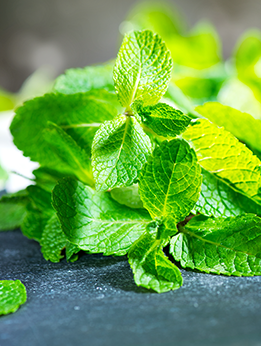
Fresh herbs are just as essential to a healthy diet as fruit and vegetables, and they offer a wide array of health benefits. Mint has one of the highest antioxidant capacities of any food.
Mint contains an antioxidant called rosmarinic acid, which is effective in relieving seasonal allergy symptoms. It also contains menthol, a natural decongestant that helps you to breathe easier.
Mint is a calming and soothing herb that has been used for thousands of years to aid upset stomachs and indigestion. It is thought not only to increase the speed of digestion but to ease the process.

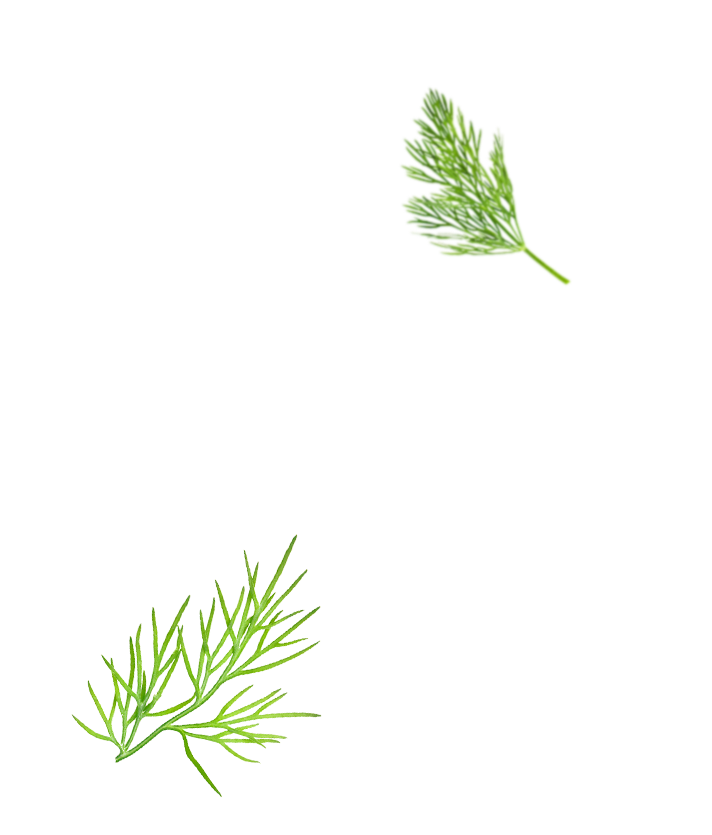




Dill is a unique perennial herb with a pleasant anise-like flavour and is packed with many beneficial nutrients. Its leaves and seeds can be used as a seasoning.
Dill contains numerous plant-derived chemical compounds that are known to have antioxidant, disease-preventing and health-promoting properties.
This popular herb contains no cholesterol and is low in calories. Yet, it contains many antioxidants, vitamins, like niacin and pyridoxine, and dietary fibre, which together help to control blood cholesterol levels.
Dill is rich in many vital vitamins, including folic acid, riboflavin, niacin, vitamin A, ß-carotene and vitamin C that are essential for optimum metabolism.
Vitamin A and beta carotene are natural flavonoid antioxidants and 100g of dill sprigs provide 7718 IU or 257% of the recommended daily levels of these vitamins. Vitamin A is essential for good vision while the consumption of natural foods rich in flavonoids helps protect the human body from lung and oral cavity cancers.
Fresh dill is an excellent source of antioxidant vitamin C. 100g contains about 85 mg or 140% of vitamin C. Vitamin C helps the body to develop resistance to infectious agents and harmful, pro-inflammatory free radicals.


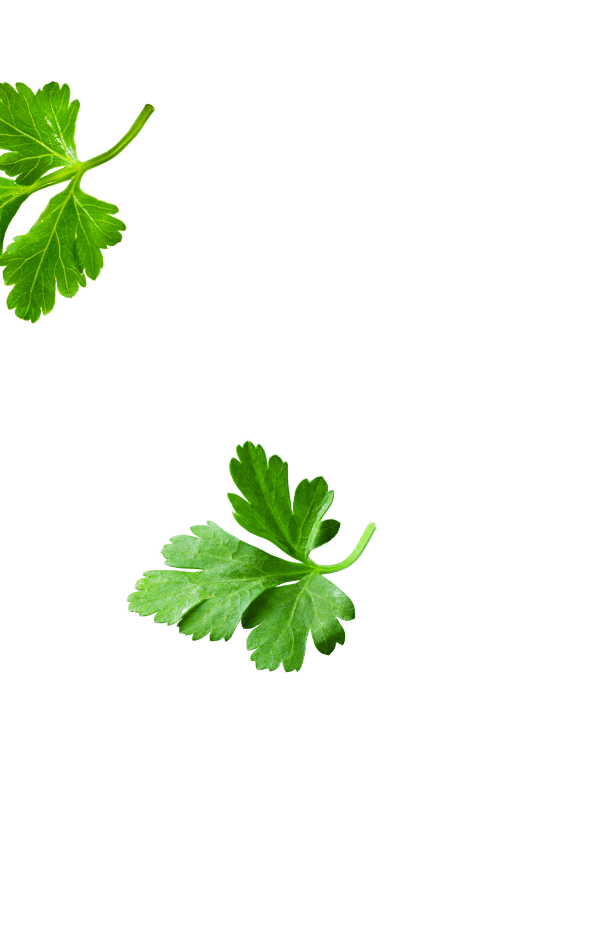


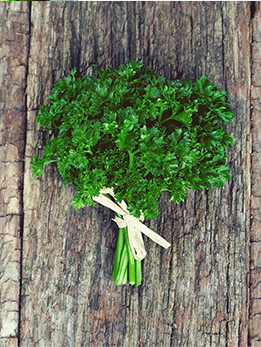
The delicious and vibrant taste and wonderful healing properties of parsley are often overlooked in its popular role as a table garnish.
However, a sprig of parsley can provide much more than a decoration on your plate. It is highly nutritious and contains two types of unusual components that provide unique health benefits. The first is volatile oil components, including myristicin, limonene, eugenol and alpha-thujene. The second is flavonoids, including apiin, apigenin, crisoeriol and luteolin.
Parsley is an excellent source of vitamin C and a good source of vitamin A (notably through its concentration of the pro-vitamin A carotenoid, beta-carotene).
Parsley is a good source of folic acid, one of the most important B vitamins. While it plays numerous roles in the body, one of its most critical roles in relation to cardiovascular health is its necessary participation in the process through which the body converts homocysteine into benign molecules. Homocysteine is a potentially dangerous molecule that, at high levels, can directly damage blood vessels, and high levels of homocysteine are associated with a significantly increased risk of heart attack and stroke in people with atherosclerosis or diabetic heart disease. Enjoying foods rich in folic acid, like parsley, is an especially good idea for individuals who either have, or wish to prevent, these diseases.